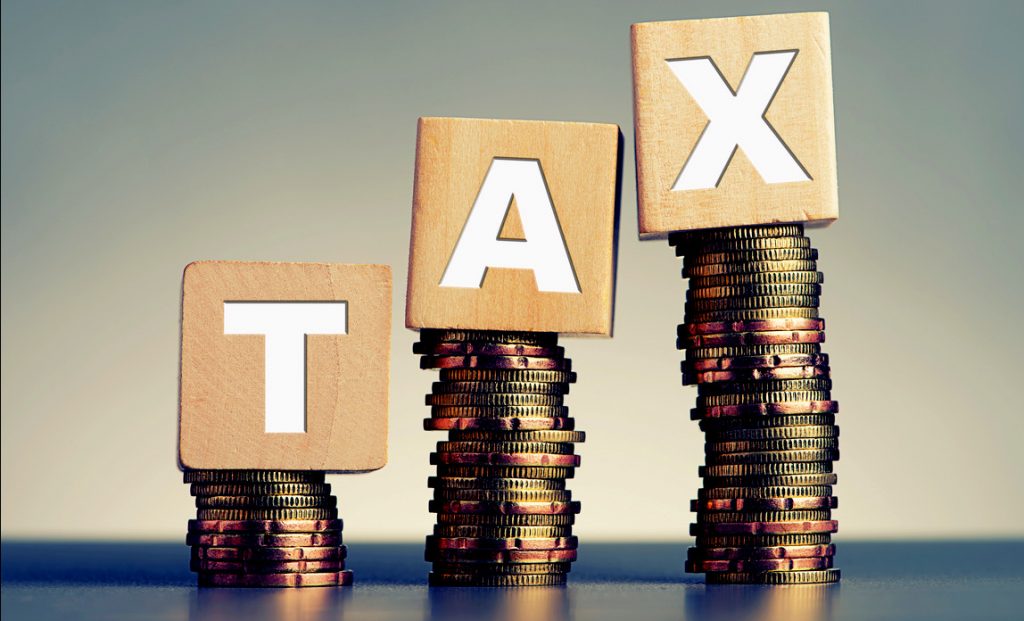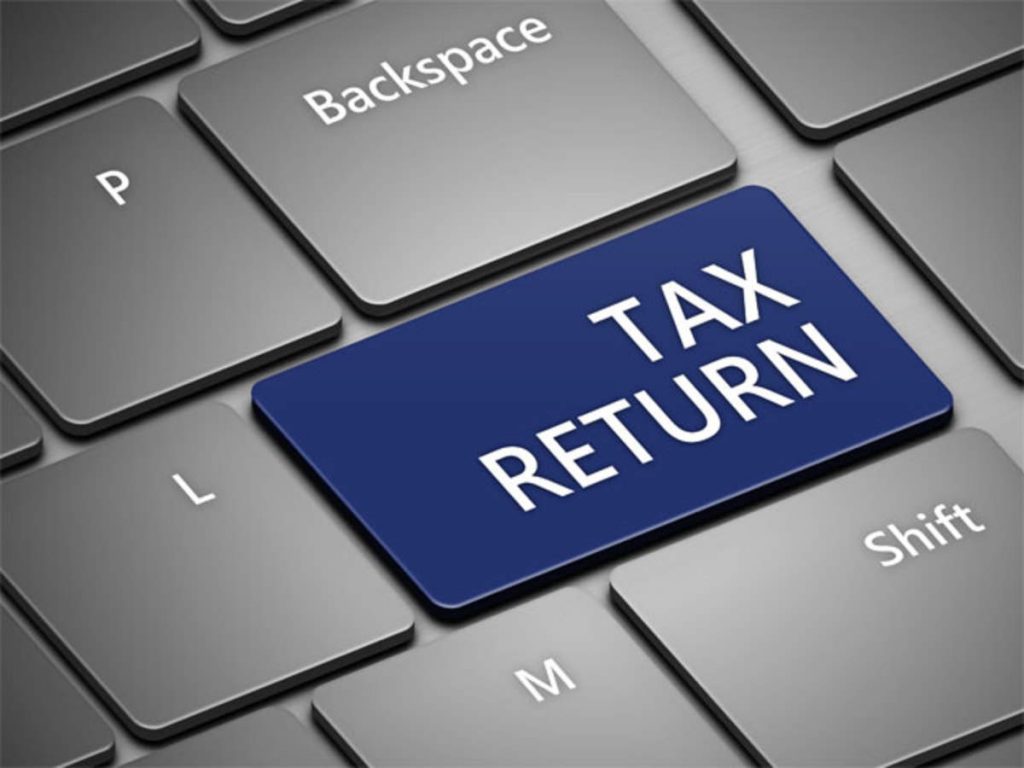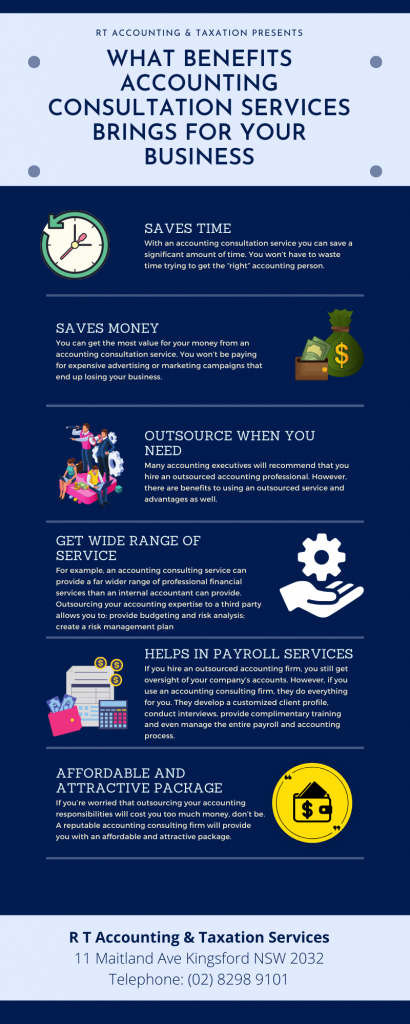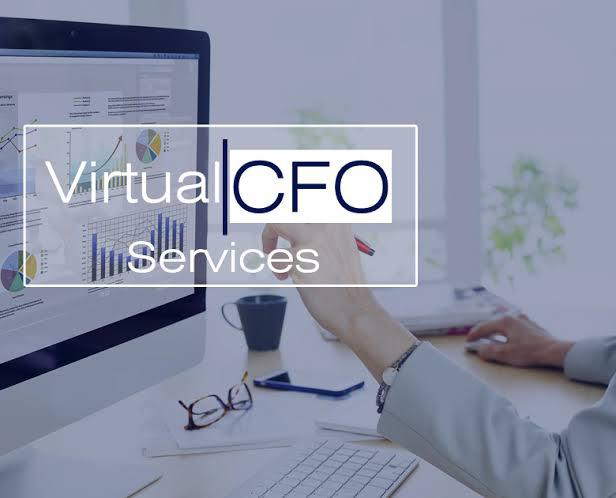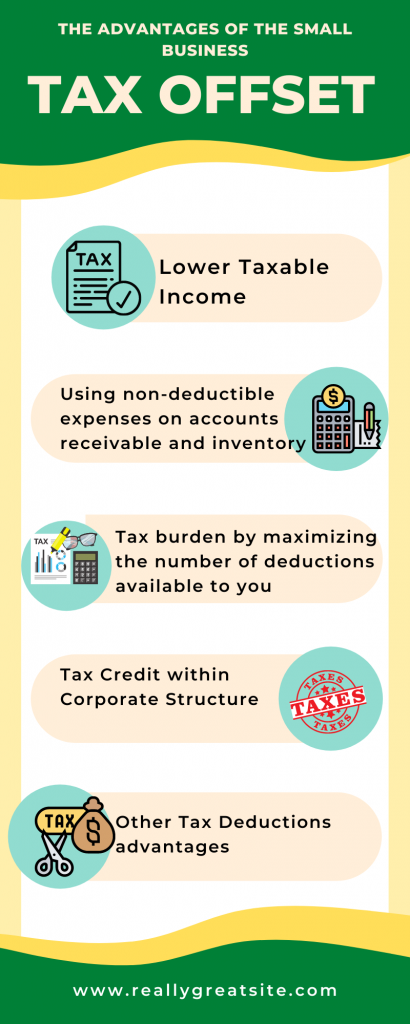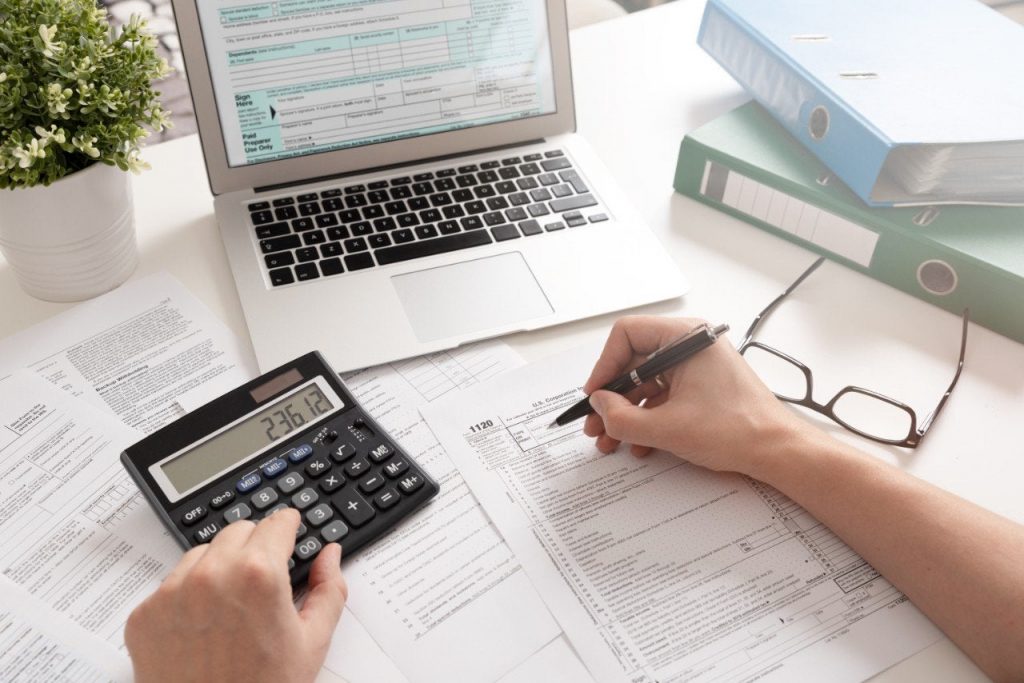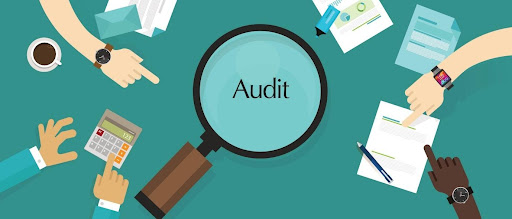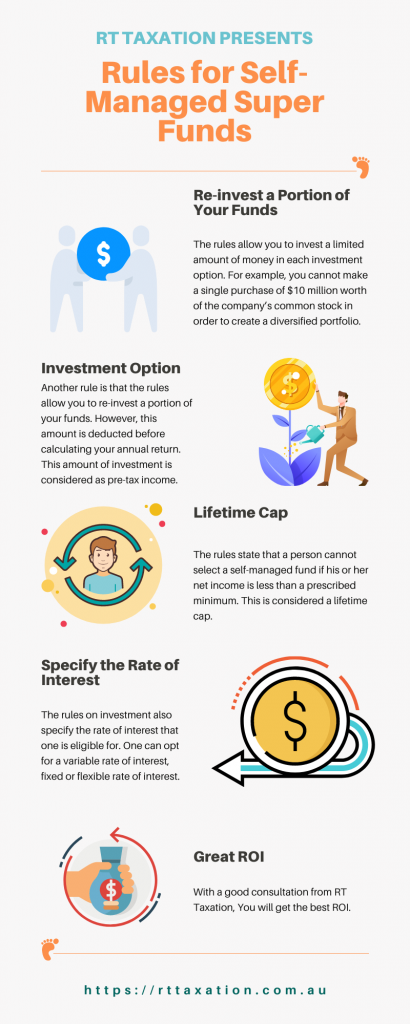Business Relocation Expenses
If you are relocating your business to another country, state or even just a different part of the country, there may be some ways that you can deduct your business relocation expenses. The first step is to determine how much the move will cost you in terms of both time and money. This may be your first piece of advice when it comes to the subject of deductions.

Start by estimating the direct and indirect costs that you will incur as you move your business to the new location. These include utility bills, transportation and other expenses that are related to the move. These are not your only expenses. You need to also consider indirect costs such as your investment in the new location and its affect on your future revenue from that location. These expenses may be tax deductible depending on the tax rules applicable in your particular state.
What Expenses are Deductible?
Now that you know what kind of expenses are deductible, you must determine which deductions are available to you. There are several categories of deductions that you can claim for this move. You must choose the ones that will be the most beneficial to you and will ultimately result in the highest savings. If you are not sure which deductions you can take, an experienced professional can help you make the right choices.
Business Depreciation
Business depreciation is one of the most popular deductions. This deduction allows you to depreciate your property over a period of time. You may be eligible to reduce your capital gains tax (CGT) at the same time. You may also be eligible to claim depreciation based on an increase in the fair market value of the property or improvement that you have made to your residence. If you use any personal or computer skills in the business-related improvement, you may also qualify for a deduction.
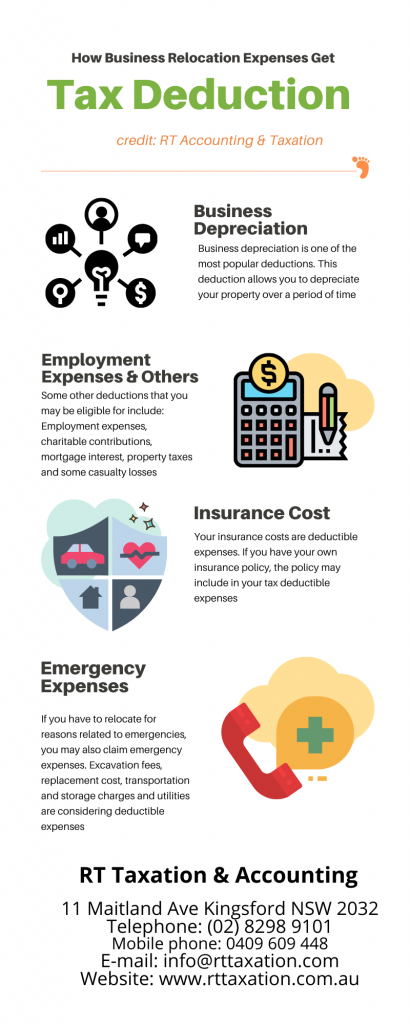
Employment Expenses & Others
Some other deductions that you may be eligible for include: Employment expenses, charitable contributions, mortgage interest, property taxes and some casualty losses. Business Liens are claims that you may also be eligible for if you hold more than one lien. Business Real Property Tax Deduction claims may also be eligible for if you have used a portion of your residence for business purposes.
Insurance Cost
Your insurance costs are deductible expenses. If you have your own insurance policy, the policy may include in your tax deductible expenses. The policy is a qualified written order (RPO) when you finish all the necessary documents and signing your policy. RPOs are considered tax deductible if you are properly classified as a dependent of yours and if your insurable interest is maintained on your own insurance policy. Business Insurance may also be claimed as a tax deductible expense.
Emergency Expenses
If you have to relocate for reasons related to emergencies, you may also claim emergency expenses. Excavation fees, replacement cost, transportation and storage charges and utilities are considering deductible expenses. However, if your relocation is due to an emergency, you should get in touch with a Relocation Expense Determination Service (REIDS). REIDS provides assistance to taxpayers who need assistance with tax claims. You will need to provide proof of your emergency. The tax deduction has limit to the amount that is eligible for and used as relief.
Conclusion
The above mentioned are some of the common exemptions that may be claimed as tax-deductible business relocation expenses. If you are unsure about any tax deduction, it is advisable to consult a qualified tax professional. There are many tax professionals and accounting firms who offer tax advice and assistance to individuals and companies who are planning to relocate or increase their business presence in a new or different location. They can assist in preparing your business tax return and advise you on the various tax breaks available to you. You may also seek their advice on business loans and grants that may be available to you.


